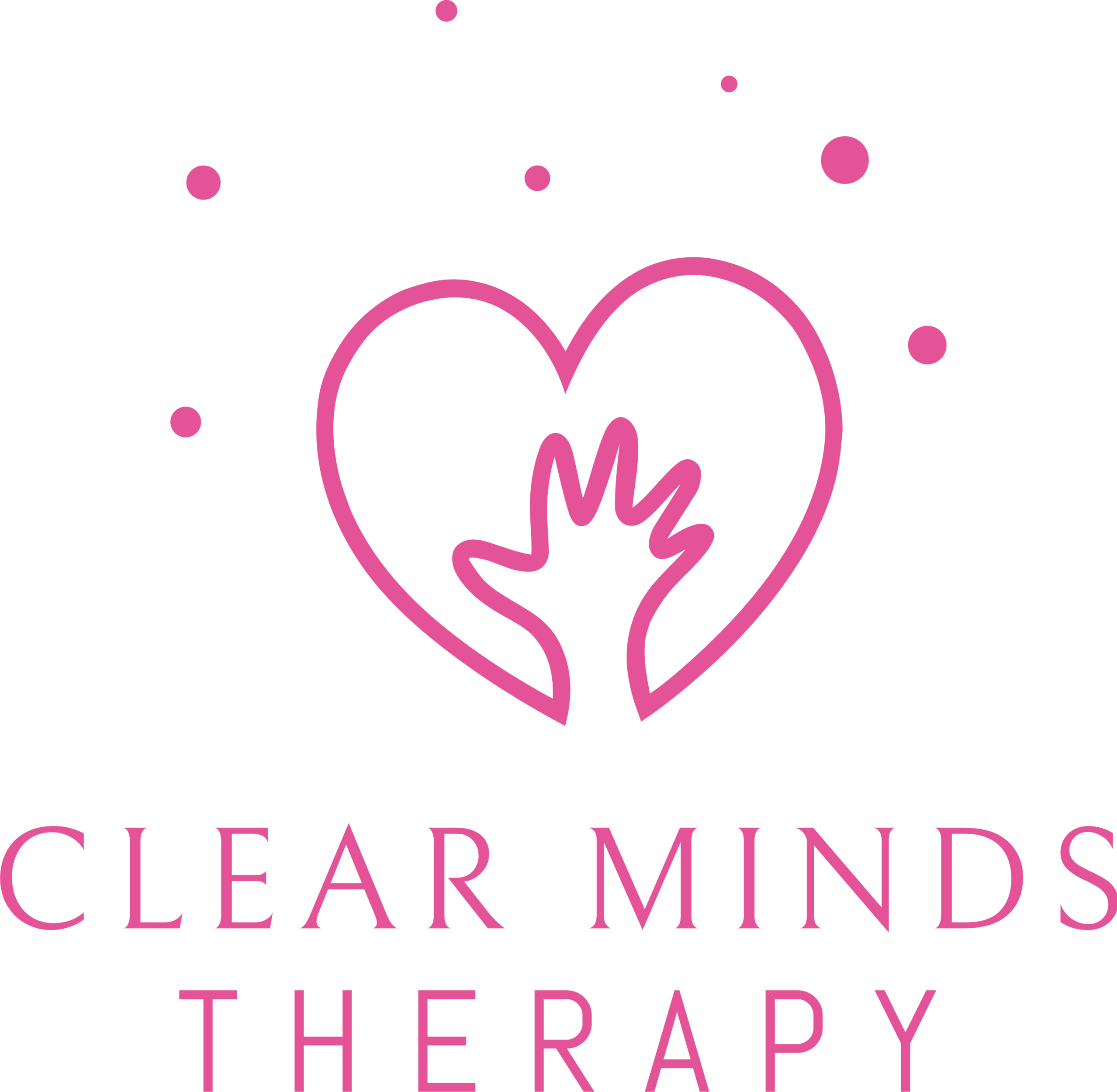Understanding Health Anxiety
Health anxiety is a mental health condition where someone may worry excessively about health. The persistent fear of having a serious illness can significantly affect daily life, relationships, and overall well-being. Though it’s common to worry about health occasionally, health anxiety takes these concerns to an extreme, often despite reassurances from medical professionals.
What is Health Anxiety?
Health anxiety is a fixation with the idea that one has or will develop a serious medical condition. People with this condition often misinterpret normal bodily sensations such as a headache, muscle twitch, or mild chest pain as symptoms of a severe illness like cancer, heart disease, or a neurological disorder. This intense focus on potential health issue scan lead to frequent doctor visits, excessive online research about symptoms, or avoidance of medical care altogether due to fear of bad news.
Causes of Health Anxiety
While the exact cause of health anxiety varies from person to person, several factors can contribute to its development:
- Personal Health History: Experiencing a serious illness in the past or witnessing a loved one go through a severe health condition can trigger heightened health concerns.
- Personality Traits: Individuals who tend to be perfectionists, have a need for control, or experience high levels of stress may be more prone to health anxiety.
- Access to Information: The internet provides a wealth of health information, which can sometimes fuel anxiety rather than make it better. Misinterpreting medical data or symptom checkers can make fears worse.
- Underlying Mental Health Conditions: Anxiety disorders, depression, and obsessive-compulsive disorder (OCD) are often linked to health anxiety.
Symptoms of Health Anxiety
Health anxiety manifests in both mental and physical symptoms.
- Mental Symptoms:
- Persistent fear of illness despite medical reassurance.
- Obsessive focus on health-related news or updates.
- Difficulty concentrating on anything other than perceived health problems.
- Constant need to seek reassurance from others.
- Physical Symptoms:
- Increased heart rate or palpitations.
- Muscle tension.
- Dizziness or nausea.
- Sleep issues due to health related worries.
These symptoms can create a cycle of worry and physical discomfort, as stress gets worse along with physical sensations, which are then misinterpreted as signs of illness.
The Impact of Health Anxiety
Health anxiety can disrupt daily life in huge ways. Relationships may become strained due to constant reassurance seeking, missing days from work or school, and personal joy is often overshadowed by fear. The condition can also lead to stress due to frequent medical appointments or unnecessary tests.
Coping with Health Anxiety
Although health anxiety can feel overwhelming, there are effective ways to manage and reduce its impact:
- Cognitive Behavioural Therapy (CBT): This evidence-based therapy helps individuals identify and challenge irrational thoughts about health. It focuses on reducing unhelpful behaviours, such as excessive checking or avoidance.
- Mindfulness and Relaxation Techniques: Practices like meditation, yoga, or deep breathing can help calm the mind and reduce anxiety.
- Limit Online Searches: Set boundaries for researching health information online to avoid unnecessary stress. If you do search, stick to reliable medical sources.
- Develop a Routine: Structure your day with healthy activities, including exercise, hobbies, and social interactions. Staying busy can divert attention from health worries.
- Communicate with a Trusted Professional: Speak to a doctor or therapist who understands your concerns and can provide consistent guidance.
When to Seek Help
If health anxiety interferes with your daily life, relationships, or overall happiness, seeking professional help is essential.
Conclusion
Health anxiety is a challenging condition, but it’s important to remember that you’re not alone. With understanding, patience, and the right tools, it is possible to break free from the cycle of worry and lead a healthier, more fulfilling life. Acknowledging your fears and seeking support is the first step toward overcoming this anxiety and finding peace in your mind and body.

